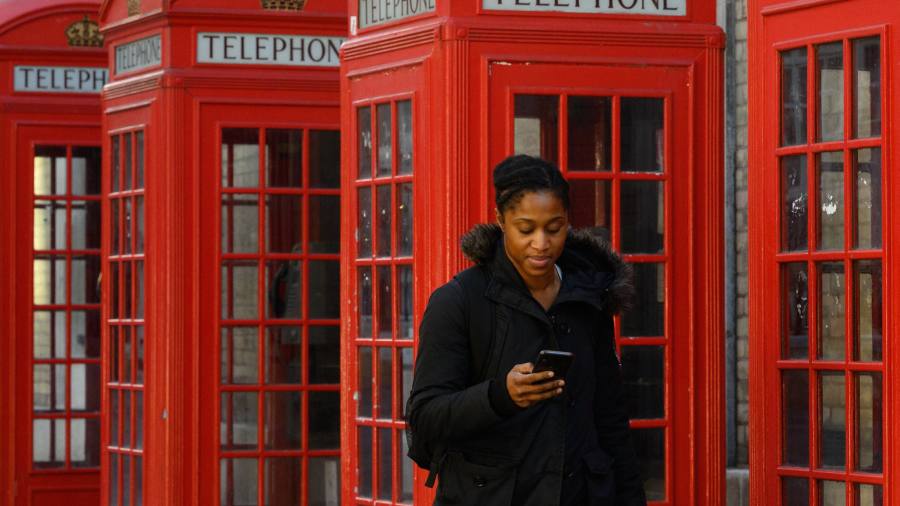
One of the EU’s top lawyers has dealt a blow to hopes that a new era of telecoms dealmaking is on the horizon after backing a 2016 decision from Brussels to stop what would have been a blockbuster merger.
Examining the proposed £10.5bn merger of the UK businesses of Telefónica’s O2 and CK Hutchison’s Three in 2016, Juliane Kokott, advocate general at the EU Court of Justice, said that a previous judgment, which went against regulators concerned about the effects on competition, should “be set aside”. She called for the case to be referred back to the General Court [the EU’s second-highest court] “for it to provide a fresh ruling on the dispute”.
The General Court ruled in 2020 that the European Commission had not met the required legal standards to prove that the transaction would lead to a rise in consumer prices or would undermine rivals. Brussels pushed back on the requirement to meet what they regarded as an extremely high burden of proof for them to block deals after that ruling.
Kokott said there was “no justification for requiring a higher standard of proof” in that instance. A final judgment by the ECJ is expected in the first half of 2023 and, while it is not bound by the advocate general’s opinion, in most cases it follows their recommendations.
The opinion had been highly anticipated by the telecoms sector, which has for years been pushing regulators in Brussels to permit more consolidation in what they argue is a highly fragmented market. They say this will lead to better infrastructure and competitive prices for consumers.
It was being closely watched by France’s Orange and Spain’s MasMovil, which earlier this year announced they were in exclusive talks to combine their Spanish businesses. The merger has reignited the debate over whether removing a competitor from the market is good for competition.
Elsewhere, discussions are under way over a proposed merger between Vodafone and Three in the UK, which would create the biggest mobile operator in the country
Analysts at Jefferies said that the decision was “unhelpful” and “adds to existing merger obstacles”.
“We have previously argued that the cost of living crisis weakens whatever political support for market repair might have existed in the immediate aftermath of the pandemic,” they added.